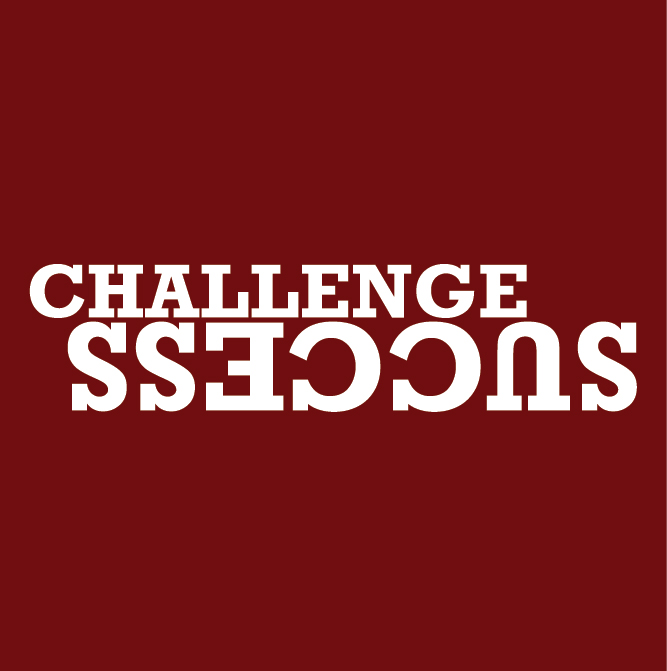A version of this article appeared on print in our January 2017 issue.
On January 24, Dr. Denise Pope of Stanford University will come to the high school to speak to faculty, students, and parents. Pope co-funded Challenge Success, the non-profit organization affiliated with Stanford that will help evaluate the school system. Her talk will not only educate the Wellesley community on how to create a “balanced student,” but also help students make their school experience less stressful and more fulfilling.
The organization Challenge Success gears its efforts toward helping students, teachers, and parents redefine success on their own terms. Pope’s appearance launches Wellesley’s partnership with Challenge Success.
Pope, together with Madeline Levine and Jim Lobdell, established Challenge Success in 2003 as “Stressed Out Students.” The program was created as a response to what she learned doing her doctoral dissertation, which was published as Doing School.
Since the high school is an academically challenging environment, there are numerous cases of students feeling unhealthy amounts of pressure each day. “Students tell me that they feel like they have no choice but to ‘do school’ in high school. Many of them are overloaded with too many honors or AP level courses and too many clubs, sports, and other activities,” Pope wrote in an email.
The program has evolved since its founding and now has participation from schools and students across the country. While its influence is nationwide, the actions taken in Wellesley will be unique to the issues facing our town.
On the January 11 half day, students took the Stanford Survey of Adolescent Experiences. The survey addressed the amount of time spent on homework, the amount of time spent at clubs or sports, and other aspects of student lives and how they feel about them.
The Challenge Success team, with help from Challenge Success consultants, will analyze the data and create a strategic plan.
Annie Hall is a former PTSO president and one of two parent Challenge Success team members. Responding to the Challenge Success approach, she said, “This is not someone who doesn’t know about Wellesley High School coming in and telling us what to do. It is the kids telling us what we can do to help.”
Part of what makes Pope’s speech relevant to Wellesley is her perspective. While she did help to create the program, she is also a parent of teenagers. Hall notes the importance of this perspective. “Denise brings her knowledge from Stanford, but also the knowledge of having teenage kids,” Hall said, “Hearing it from the founder, who is also a parent, will bring a deeper sense of relevancy.”
Along with addressing parents and faculty, Pope will talk to a small group of students.. Pope will give a talk called “The Well-Balanced Child”, which reflects the aim of Challenge Success. “My talks focus ways to re-define success and how to achieve more balance,” Pope wrote, “We all need balance in our lives for optimal health – that means time for adequate sleep, exercise, time for family/friends, and academic and extracurricular pursuits. If any of these things is out of balance, it can affect your well being.”
Guidance counselor John Steere looks forward to the high school community hearing the message Pope will deliver. As Steere helps students manage their lives, inside and outside academics, he sees the importance in having the community learn new ways to decrease and prevent stress. “Some people’s definition of success has them setting a standard that is practically unachievable. She will challenge the notion of what it means to succeed,” Steere said.
Pope’s speech comes at a fitting time, as many seniors finalize plans for college, and students cram in tests and essays for the halfway point in the school year.
“Denise discusses how to be a well balanced student, and who doesn’t want that for their kid,” Hall said.

